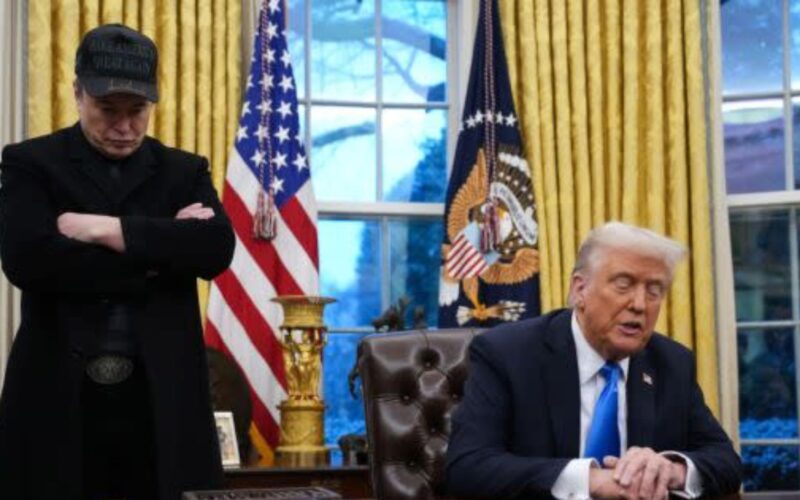Washington D.C. (National Times): Tech mogul Elon Musk has officially stepped down from his controversial role as chief of the Department of Government Efficiency (DOGE), marking the end of a polarizing tenure within former President Donald Trump’s administration. Musk, who joined the government as a Special Government Employee, announced his departure via a post on social media, stating, “As my scheduled time as a Special Government Employee comes to an end, I would like to thank President Donald Trump for the opportunity to reduce wasteful spending.”
Created to streamline federal spending and eliminate bureaucratic excess, DOGE was a cornerstone of Trump’s second-term agenda. Musk was tasked with leading the charge, promising a revolution in how the U.S. government handles budgets and resources. But his exit comes on the heels of rising tensions — including Musk’s first public criticism of Trump.
Just one day before his departure, Musk took a swipe at the administration’s spending habits, particularly Trump’s signature “big, beautiful” budget bill. “A bill can be big, or it can be beautiful. But I don’t know if it can be both,” Musk said in a pointed remark, suggesting the legislation undermined DOGE’s very mission.
Despite his vocal departure, Musk praised the initiative’s long-term vision, saying, “The DOGE mission will only strengthen over time as it becomes a way of life throughout the government.”
Musk had been a key ally and major donor to Trump’s 2024 campaign, appearing frequently on the campaign trail and receiving public accolades from the President. Trump famously said, “A star is born,” when praising Musk during his victory speech.
Once DOGE was operational, Musk embarked on a high-intensity hiring spree, seeking “super high-IQ small-government revolutionaries” willing to work long hours to cut government waste. The initiative led to the removal of tens of thousands of employees from federal payrolls and the closure or downsizing of several departments, sparking both admiration and backlash.
By late April, however, cracks had started to appear. Musk began voicing concerns in interviews, saying DOGE had become a “whipping boy” for public frustration with Trump’s governance. He also admitted to falling short on many of his goals for the agency.
Legal troubles further clouded his exit. A U.S. District Judge recently ruled that Musk must face a lawsuit alleging misuse of authority during his time as DOGE chief. The lawsuit centers on access to sensitive data and overreach into federal agency systems containing Americans’ personal and financial records.
At the same time, Musk has been battling turbulence across his business empire. Tesla faced a string of arson attacks on its dealerships and a dip in stock value. SpaceX suffered another blow when its Starship spacecraft exploded over the Indian Ocean during a test flight. On the tech front, a two-hour outage on Musk’s social media platform X prompted the billionaire to admit, “Major operational improvements need to be made.”
Musk’s exit leaves DOGE at a crossroads — its future uncertain, and its impact still being measured. One thing remains clear: Elon Musk’s foray into government has been as dramatic and divisive as his career in business.

